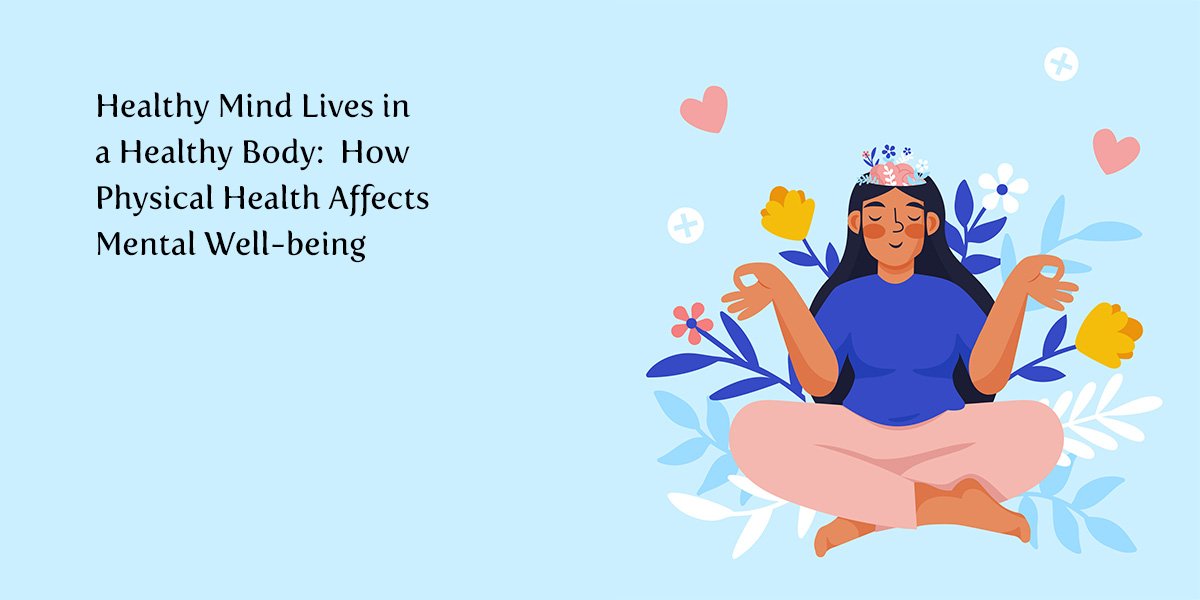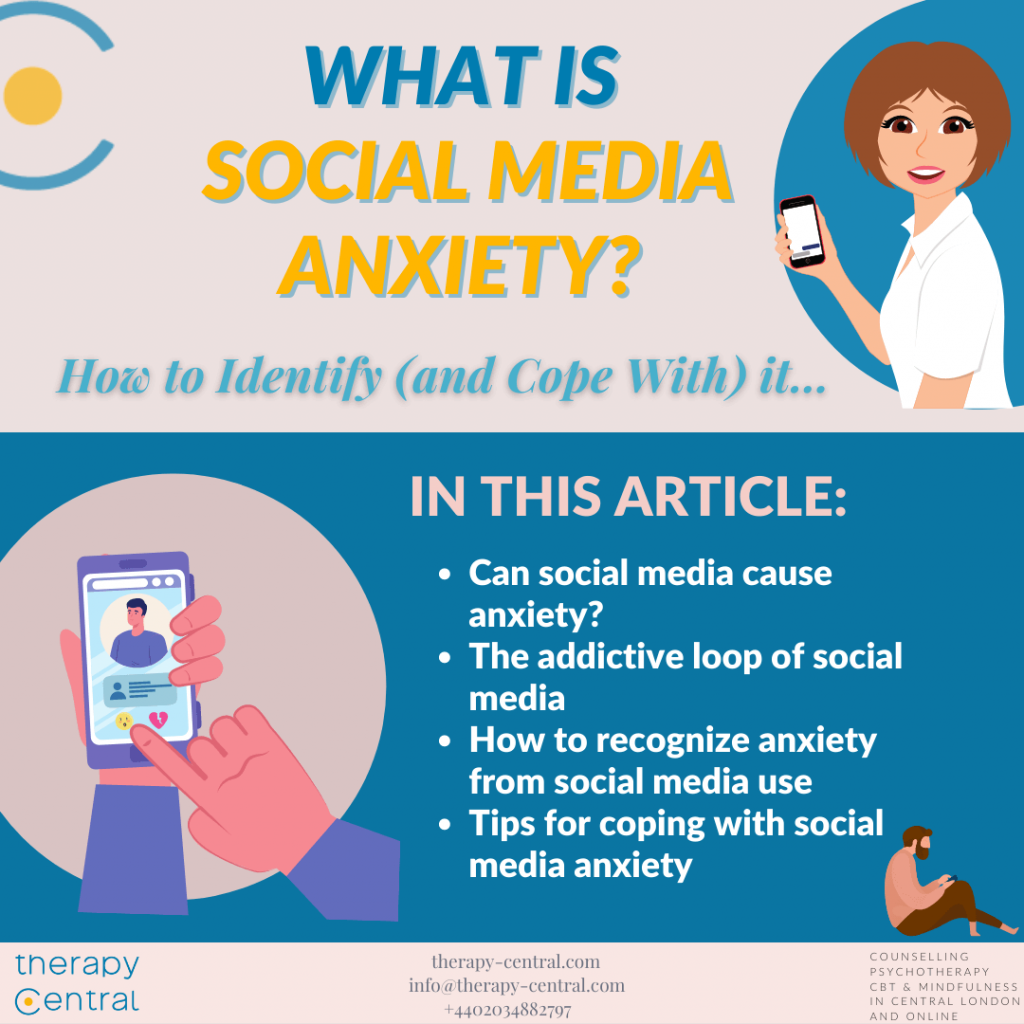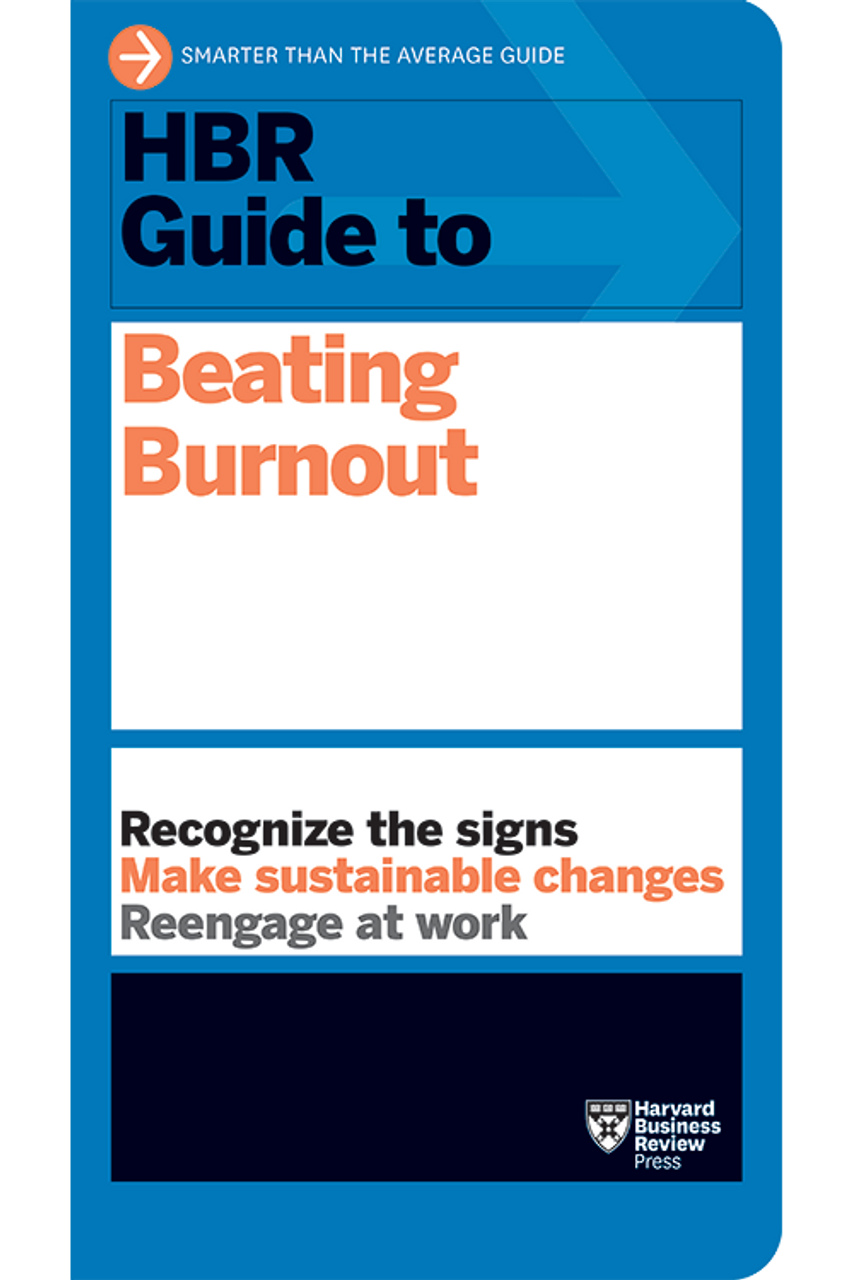Mental health is more than just the absence of mental illness — it is the foundation of overall well-being. Just like physical health, mental health requires care, attention, and daily habits that support emotional stability and resilience. In today’s fast-paced world, stress, anxiety, and burnout have become increasingly common, making mental health & wellness one of the most important conversations of our time.
This guide explores what mental health truly means, the common challenges people face, and practical strategies to achieve mental wellness in everyday life.
What is Mental Health & Wellness?
Mental health refers to our emotional, psychological, and social well-being. It affects how we think, feel, and behave in daily life. Wellness goes beyond managing or preventing illness — it’s about building resilience, practicing self-care, and maintaining a state of balance between mind, body, and spirit.
Good mental health allows us to:
- Handle stress effectively
- Build healthy relationships
- Stay productive at work or school
- Make better decisions
- Live a fulfilling, balanced life
Why Mental Health Matters
Your mental state has a direct impact on your physical health and overall quality of life. Studies show that poor mental health can increase the risk of lifestyle diseases like diabetes, hypertension, and heart disease. On the other hand, good mental health improves:
- Immune function – A calmer mind strengthens the immune system.
- Sleep quality – Mental clarity supports better rest and recovery.
- Energy levels – Reduced stress means higher energy and focus.
- Longevity – Mentally resilient people live healthier, longer lives.
Common Mental Health Challenges
- Stress & Burnout
- Overloaded schedules and constant digital stimulation are major triggers.
- Anxiety Disorders
- Excessive worry, panic attacks, and fear are among the most common mental health issues.
- Depression
- Persistent sadness, loss of interest, and low energy affect millions worldwide.
- Sleep Disorders
- Poor sleep often stems from stress, overthinking, or anxiety.
- Substance Misuse
- Many people turn to alcohol, smoking, or drugs to cope with stress, which worsens mental health.
Strategies for Better Mental Health & Wellness
1. Prioritize Self-Care
Self-care isn’t selfish — it’s necessary. Regular breaks, hobbies, exercise, and proper nutrition support emotional stability.
2. Practice Mindfulness & Meditation
Mindfulness meditation helps reduce stress, regulate emotions, and improve focus. Just 10 minutes a day can make a big difference.
3. Build Strong Relationships
Healthy connections with family, friends, and communities provide emotional support and resilience.
4. Stay Physically Active
Exercise releases endorphins (happy hormones) that combat stress and anxiety. Even a 30-minute walk daily improves mood.
5. Limit Screen Time & Digital Overload
Constant exposure to social media can increase anxiety and comparison stress. Take “digital detox” breaks to reset.
6. Seek Professional Help When Needed
Therapists, counselors, or mental health professionals can provide guidance, especially for persistent conditions like anxiety or depression.
Nutrition & Mental Health
What you eat affects how you feel. A diet rich in whole foods, leafy greens, omega-3 fatty acids, and probiotics can boost brain function and emotional balance. Avoid excessive sugar, caffeine, and processed foods, which can worsen mood swings.
The Role of Sleep in Mental Wellness
Sleep is the brain’s reset button. Lack of quality sleep contributes to irritability, memory loss, and poor concentration. Aim for 7–9 hours of sleep each night, and maintain a consistent bedtime routine.
Building Resilience
Resilience is the ability to bounce back from challenges. To build it:
- Reframe negative thoughts into positive ones.
- Set realistic goals.
- Focus on what you can control, not what you can’t.
- Practice gratitude daily.
When to Seek Help
If you experience any of the following for more than two weeks, it may be time to consult a professional:
- Persistent sadness or hopelessness
- Severe anxiety or panic attacks
- Loss of interest in activities you once enjoyed
- Thoughts of self-harm or suicide
👉 Never hesitate to reach out to a mental health professional. Early support can make recovery easier and more effective.
FAQs on Mental Health & Wellness
1. Can lifestyle changes really improve mental health?
Yes. Exercise, diet, sleep, and stress management all directly influence mental well-being.
2. How do I know if I need therapy?
If emotional distress interferes with your daily life, relationships, or work, therapy can help.
3. What’s the best exercise for mental health?
Aerobic exercises like walking, jogging, swimming, and yoga are proven to reduce stress and improve mood.
4. Can poor gut health affect mental health?
Absolutely. The gut-brain connection shows that imbalances in gut bacteria can contribute to anxiety and depression.
5. Is medication always necessary for mental health issues?
Not always. Some people manage conditions through therapy, lifestyle changes, and support. But in some cases, medication prescribed by a doctor may be required.
Final Thoughts
Mental health & wellness are not destinations — they are ongoing journeys. Taking care of your mind is just as important as caring for your body. By practicing mindfulness, building resilience, and making small daily lifestyle changes, you can protect your mental health and live a balanced, fulfilling life.
Remember: It’s okay to not be okay, but it’s not okay to ignore it. Seeking help is a sign of strength, not weakness.




